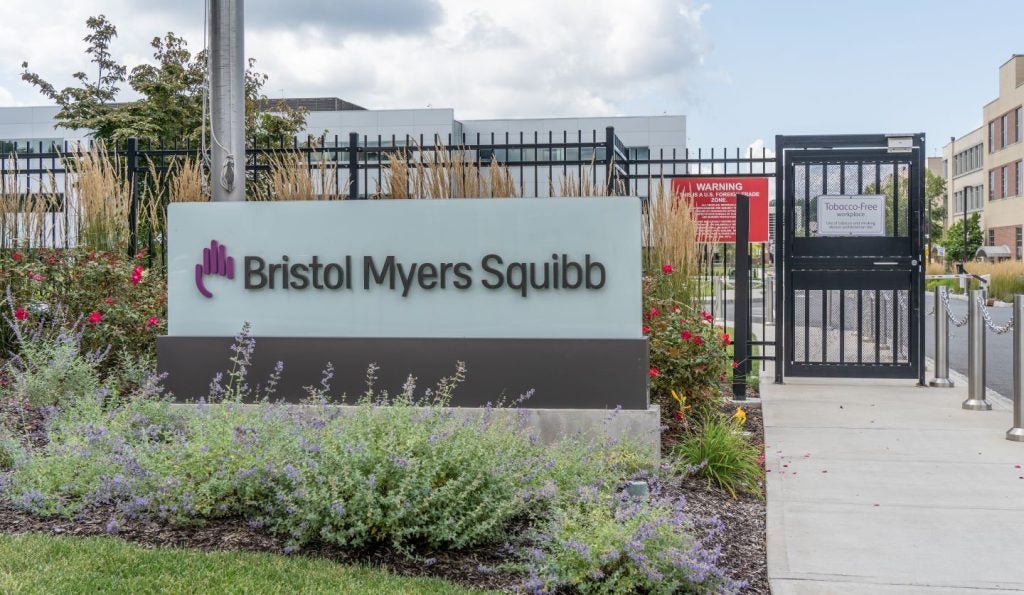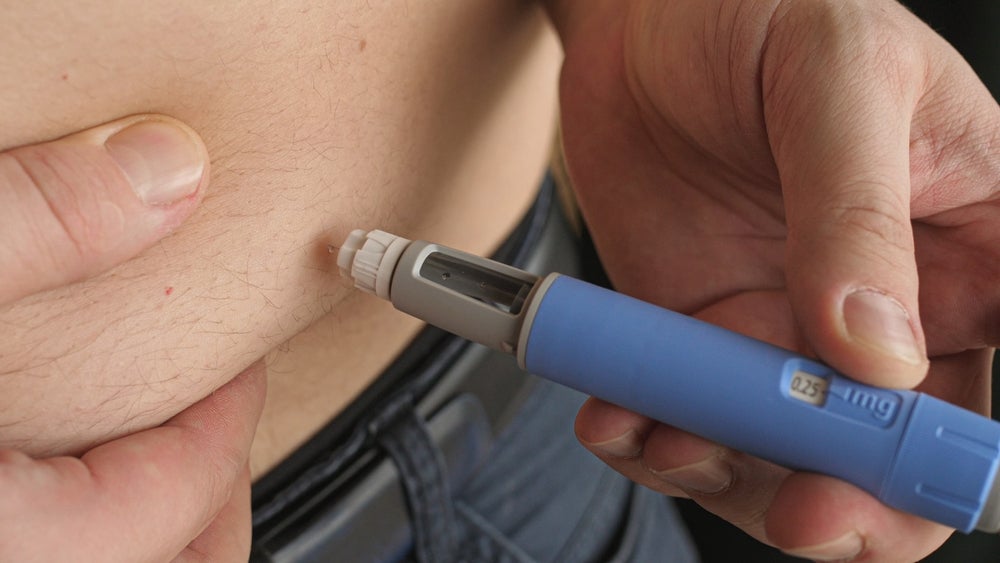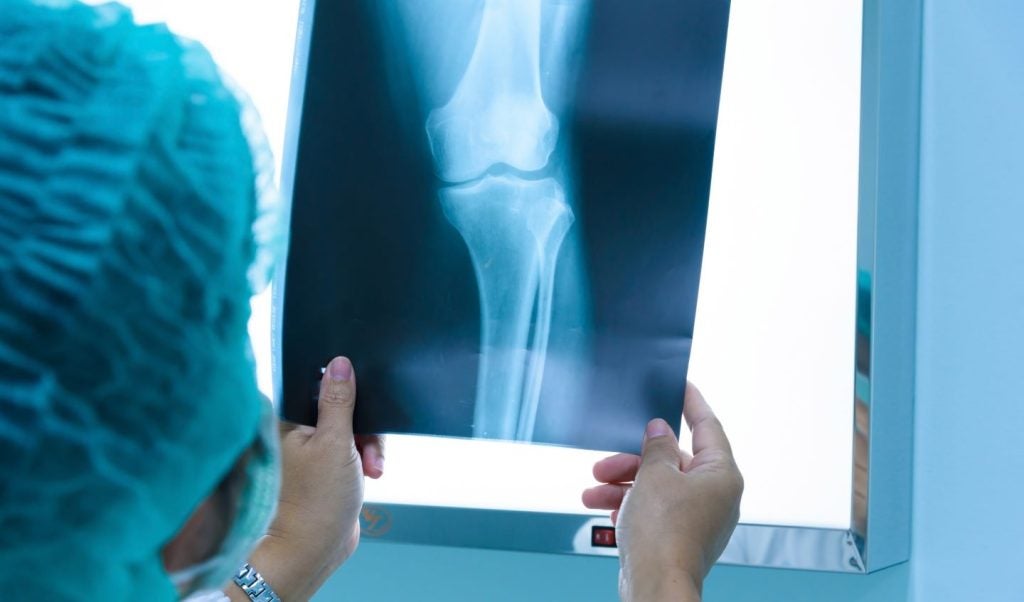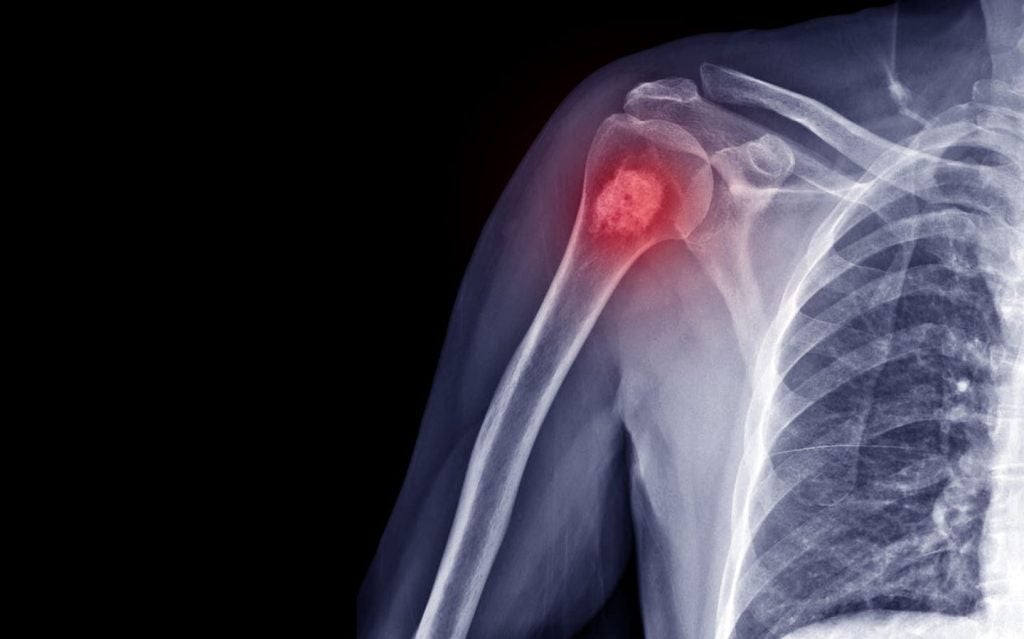The FDA has accepted the supplemental biologics application (sBLA) for Bristol Myers Squibb’s (BMS) Opdivo (nivolumab) regimen for non-small cell lung cancer (NSCLC).
The acceptance marks a significant step towards the potential approval of Opdivo for the peri-operative treatment of resectable stage IIA to IIIB NSCLC.
Opdivo is a programmed death-1 (PD-1) immune checkpoint inhibitor.
A decision on the approval for the regimen under the Prescription Drug User Fee Act (PDUFA) is anticipated by 8 October 2024.
Last month, the European Medicines Agency (EMA) validated a type II variation application for Opdivo, commencing the regulator’s centralised review process.
The submissions to both regulatory bodies are based on data from the Phase III CheckMate -77T clinical trial.
The randomised, placebo-controlled, double-blind, multicentre trial enrolled a total of 452 resectable stage IIA to IIIB NSCLC patients.
It is designed to evaluate neoadjuvant Opdivo plus chemotherapy followed by surgical procedure and adjuvant Opdivo against neoadjuvant chemotherapy and placebo followed by surgery and adjuvant placebo.
Event-free survival (EFS) is the trial’s primary endpoint while secondary endpoints comprise pathologic complete response (pCR), overall survival and major pathologic response (MPR).
According to the findings, the Opdivo regimen offered statistically significant and clinically meaningful improvements in EFS, meeting the primary endpoint.
Benefits were also reported on key secondary endpoints such as pCR and MPR.
BMS thoracic cancers global programme lead and vice-president Abderrahim Oukessou stated: “With CheckMate -77T, we have evaluated the potential for neoadjuvant immunotherapy to induce pathological complete response and the role of perioperative Opdivo treatment in reducing the likelihood that the cancer will return, and helped make extended survival possible for patients.
“The acceptance of these applications underscores our impactful progress in addressing unmet needs across several non-small cell lung cancer treatment settings and brings us one step closer to offering a new perioperative Opdivo-based regimen to patients who may benefit.”
BMS has recently reported a 2% decrease in revenues in the financial year 2023 to $45bn from $46.2bn in 2022.
















